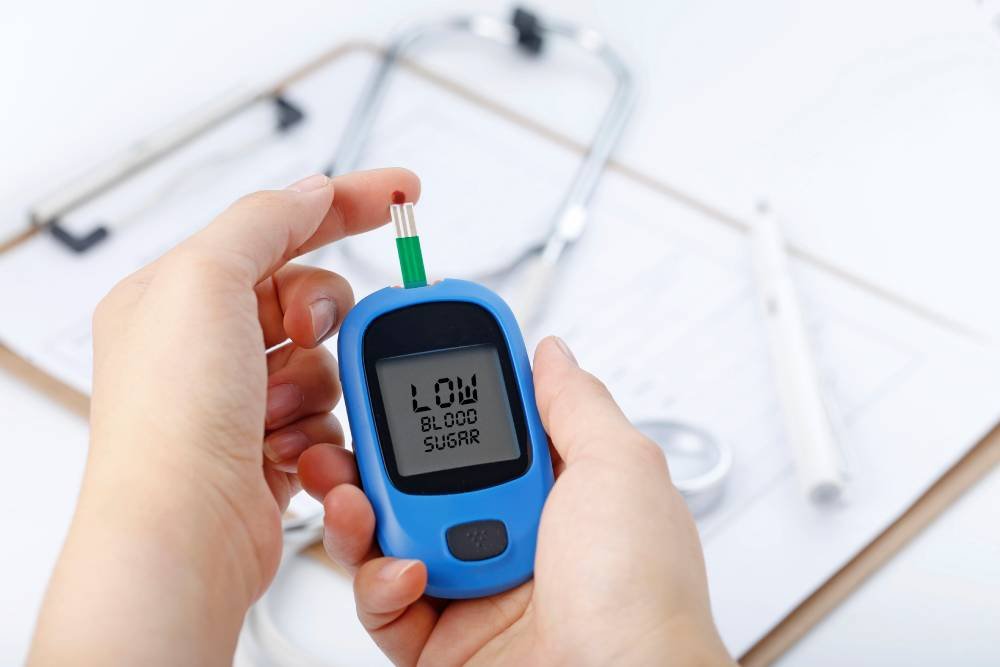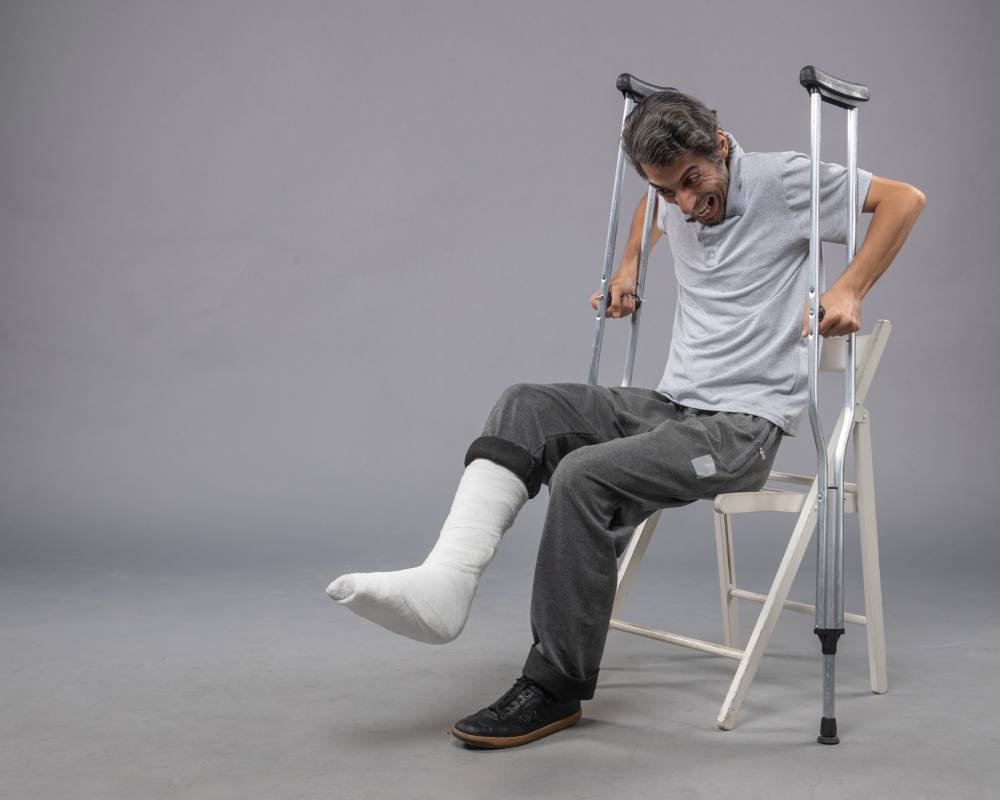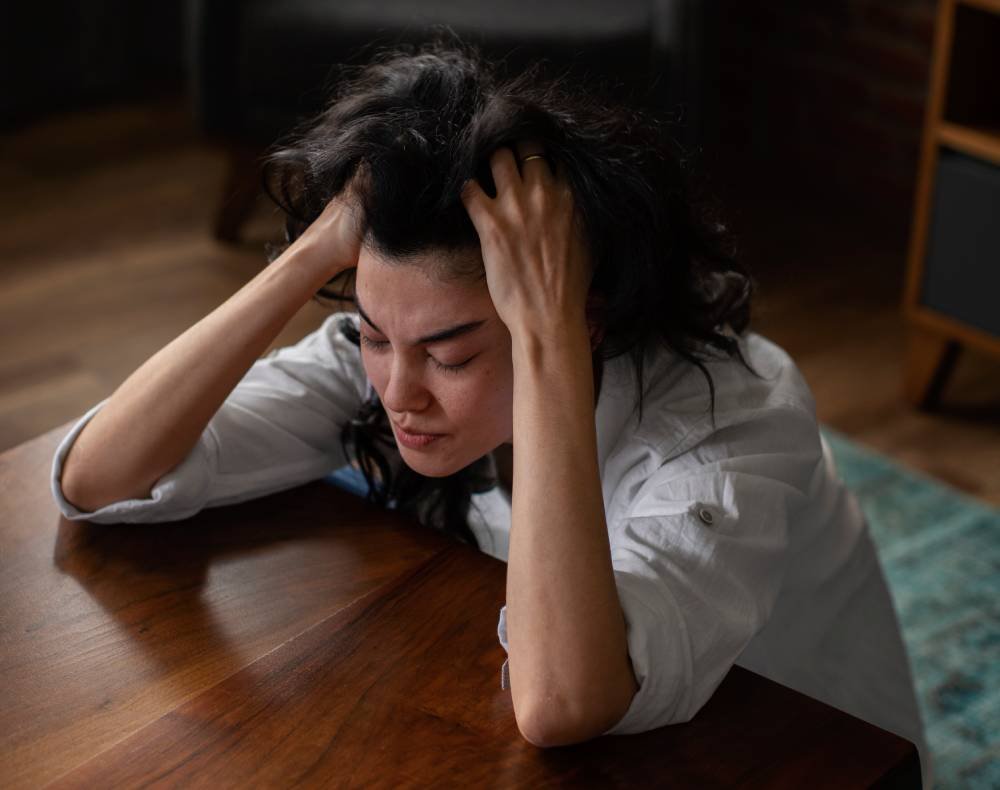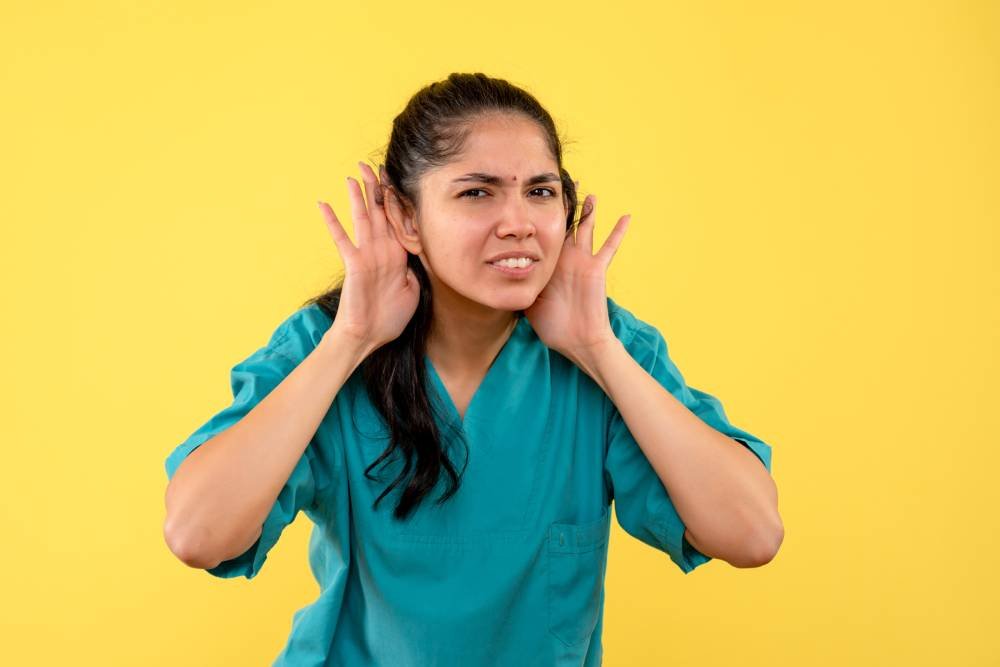Table of Contents
Certainly! Feeling lightheaded or woozy can be caused by various factors. Here are the top 5 reasons you might feel woozy:
- Dehydration: When your body doesn’t have enough fluids, it can lead to a drop in blood pressure, reducing the flow of oxygen to your brain, resulting in lightheadedness.
- Low Blood Sugar (Hypoglycemia): If your blood sugar levels drop too low, especially if you haven’t eaten in a while or if you have diabetes and took too much insulin, you may feel lightheaded, weak, or shaky.
- Orthostatic Hypotension: This condition occurs when you stand up quickly from a sitting or lying position, causing a temporary drop in blood pressure. It’s common and usually not serious, but it can lead to lightheadedness.
- Anxiety or Panic Attacks: Intense feelings of stress, anxiety, or panic can lead to symptoms like dizziness, lightheadedness, and even fainting due to changes in breathing patterns and increased heart rate.
- Inner Ear Problems: Issues with the inner ear, such as benign paroxysmal positional vertigo (BPPV), labyrinthitis, or Meniere’s disease, can cause feelings of dizziness or vertigo, making you feel unsteady or lightheaded.
1. Dehydration
Dehydration arises when your body expends or loses more fluid than it receives, leaving it insufficiently hydrated to perform its routine functions. Without replenishing lost fluids, dehydration sets in.Anyone can fall victim to dehydration, but it poses particular risks to young children and older adults.Severe diarrhea and vomiting are the primary culprits of dehydration in young children. In contrast, older adults, who naturally possess a lower water volume in their bodies, are predisposed to dehydration due to underlying conditions or medications.
Consequently, even minor ailments, like lung or bladder infections, can precipitate dehydration in older adults.Moreover, dehydration can afflict individuals of any age group if they fail to consume adequate water, particularly in sweltering weather conditions or during intense physical exertion.While mild to moderate dehydration can often be remedied by increasing fluid intake, severe dehydration necessitates prompt medical intervention.

2. Low Blood Sugar (Hypoglycemia)
Hypoglycemia, commonly referred to as low blood sugar, occurs when the level of glucose (sugar) in the blood drops below normal levels. This condition is most commonly associated with individuals who have diabetes, particularly those who take insulin or certain medications to manage their blood sugar levels.

3. Orthostatic Hypotension
Orthostatic hypotension, also known as postural hypotension, is a condition characterized by a sudden drop in blood pressure when a person stands up from a sitting or lying position. This drop in blood pressure can cause symptoms such as dizziness, lightheadedness, or even fainting.

4. Anxiety or Panic Attacks
Anxiety entails persistent worry and tension about various aspects of life, often without a clear trigger. Symptoms include restlessness, irritability, and difficulty concentrating, lasting for weeks or longer. Panic attacks are sudden, intense episodes of fear or discomfort, peaking within minutes and accompanied by physical symptoms like palpitations and shortness of breath. They can occur unexpectedly or be triggered by specific situations, leaving individuals shaken and fearful of future attacks. Treatment involves therapy, medication, and self-care strategies to manage symptoms and improve quality of life. Seeking support from mental health professionals is essential for proper diagnosis and effective treatment.

5. Inner Ear Problems:
Inner ear problems encompass various conditions affecting the delicate structures deep within the ear, such as the cochlea and vestibular system. Common inner ear disorders include benign paroxysmal positional vertigo (BPPV), Meniere’s disease, and labyrinthitis. Symptoms may include dizziness, vertigo, balance problems, hearing loss, and tinnitus (ringing in the ears). Inner ear problems can be caused by factors like infections, head trauma, or age-related changes. Treatment may involve medications, vestibular rehabilitation therapy, or in some cases, surgical interventions. Proper diagnosis by a healthcare professional is essential for effective management of inner ear disorders.

These are some common reasons for feeling lightheaded, but it’s essential to consult a healthcare professional if you experience frequent or severe episodes of lightheadedness, especially if accompanied by other symptoms.
Check this for more info :- Mind fresh yoga from Hindu Puranas of 8 Tricks
